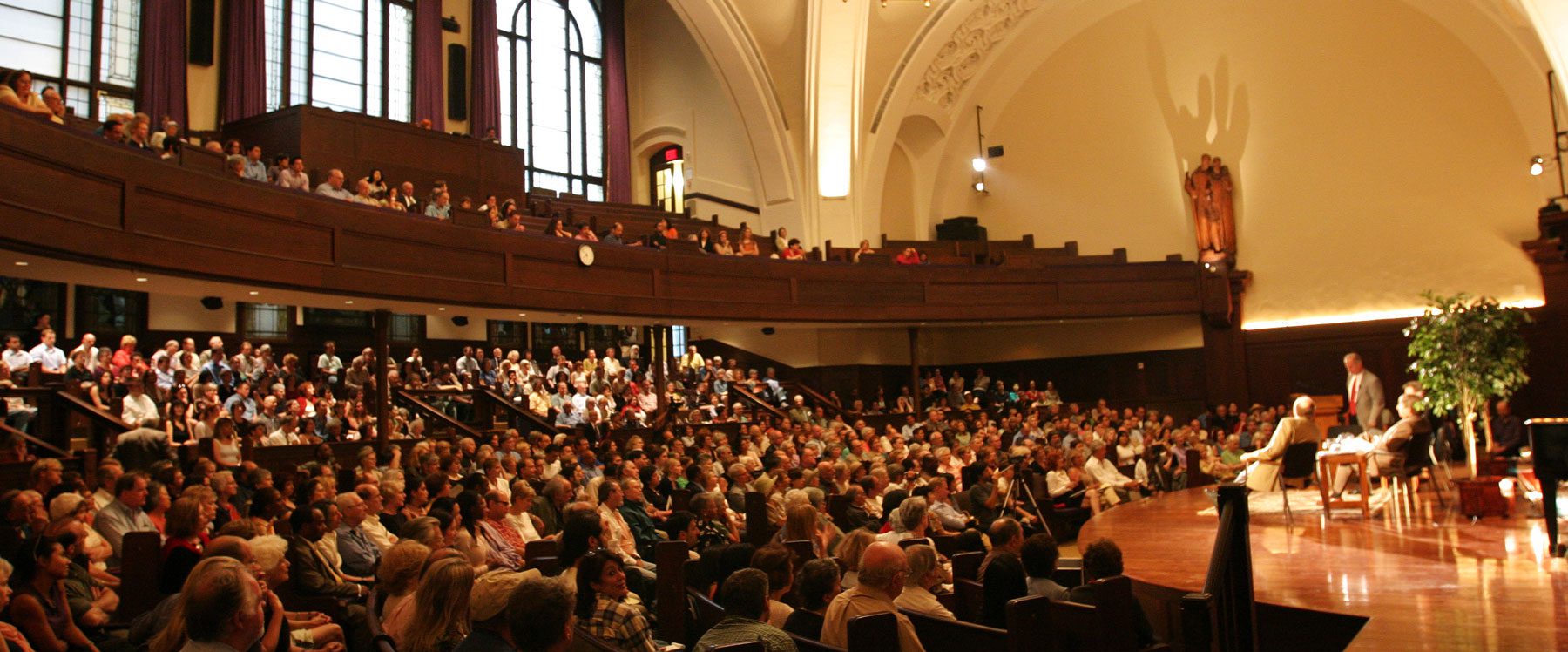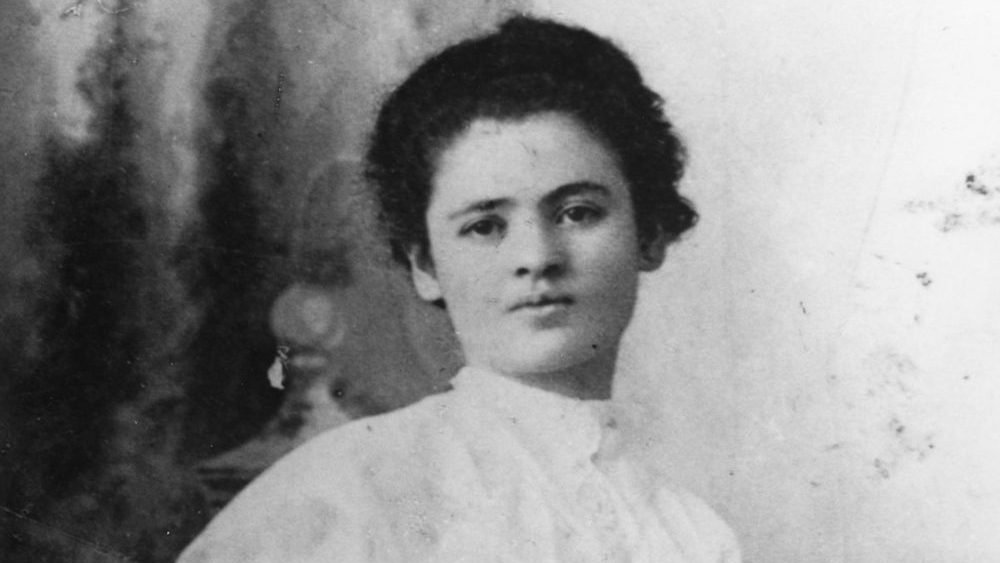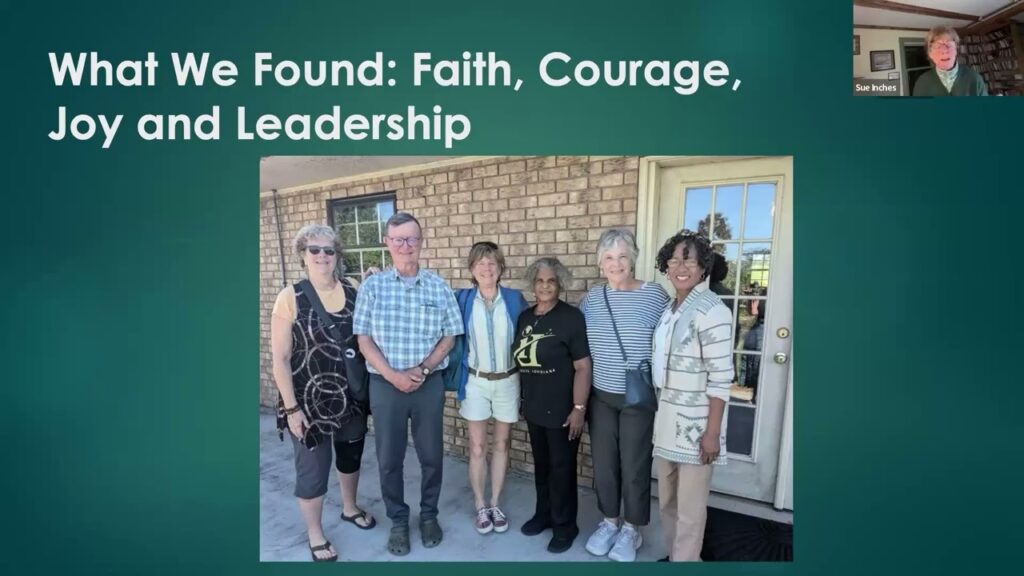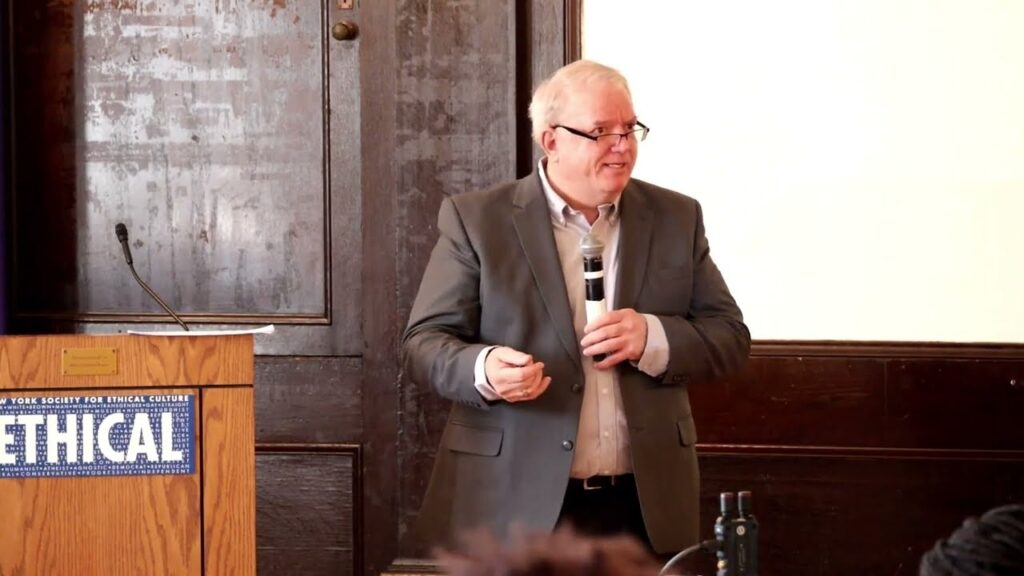
New Year’s resolutions: We all make them in earnest – and break them in shame. It’s a tradition that we can’t seem to shake. Weight loss and exercise are often involved, a consequence of indulgence and sloth over the winter holidays. Driven by perfectionism and humbled by fallibility, we soldier on for a few months until spring releases us from the bonds of resolution into the arms of sunshine and blossoms – and some residual guilt.
I wonder: If we could break this cycle of setting unrealistic goals and disappointing ourselves, would we experience ourselves differently? Would we then treat others differently? I learned a mantra from a Children’s Sunday Assembly teacher at the Brooklyn Society years ago: “When I’m kind to myself, it’s easier to be kind to somebody else. When I’m mean to myself, it’s easier to be mean to somebody else.” She sang it softly, with slow hand gestures, and invited the children in her class to add their own words. Silly, angry, loving.
“The mind,” said my friend Hindu monk Pandit when he joined us last month for a session of “Ethical Mindfulness and Inner Peace,” “can be our best friend or our worst enemy. We are quick to judge others, and even quicker to judge ourselves. When we nourish our minds with meditation, we can let go of the past and the future, and bring awareness to the present.” It starts with breathing, filling our bodies with air and releasing it, appreciating the gift of life – unbidden and unearned, ever precious.
This New Year’s Day, I have decided to reflect upon the past, not in terms of goals met or unmet, but in a more expansive, inclusive and loving way. When was I really present to myself and others? What did I experience and learn? How did I influence other people in my life? For resolutions to be ethical and lasting, they must be intentional and life-enhancing. At their best, they address the needs of our mind, body, spirit and relationships; in other words, our whole selves intricately connected to other lives and the world we temporarily inhabit.
Perhaps the most significant fact of our lives is our mortality. Some people live in denial of that fact; others seek comfort in the hope of eternal life other death; still others choose their own time to die. It can inspire hedonism and altruism. It can also offer us an opportunity to create meaning in our lives and to resolve to conduct ourselves ethically.
We may well resolve to lose weight and exercise more. Why? Is the goal to conform to an idealized image of physical beauty? Is it to live more healthfully? Will we make friends at the local Y? We may also wish to learn another language, take dance lessons, or join the Peace Corps. Understanding our intention is critical to making resolutions we can successfully fulfill. It starts with listening, being attentive to our own needs and accessible to those whom we love.
And what is it that we need? To feel needed, to believe that what we do with our lives matters, and to engage in relationships that make other people’s lives better. We can resolve to do just that every day – not just on special occasions – by being present and aware, by connecting to the best in ourselves and seeking the best in others. It takes practice and support. That’s where community comes in. Intentional ethical community offers myriad opportunities to experience ourselves as people of worth choosing to attribute worth to others.
This year resolve to participate more in programs offered by the New York Society. Learn about the issues that challenge our mutual welfare and environment; stand up for democratic values that are threatened by the privileged; and find a home in a community dedicated to ethical ideals.







